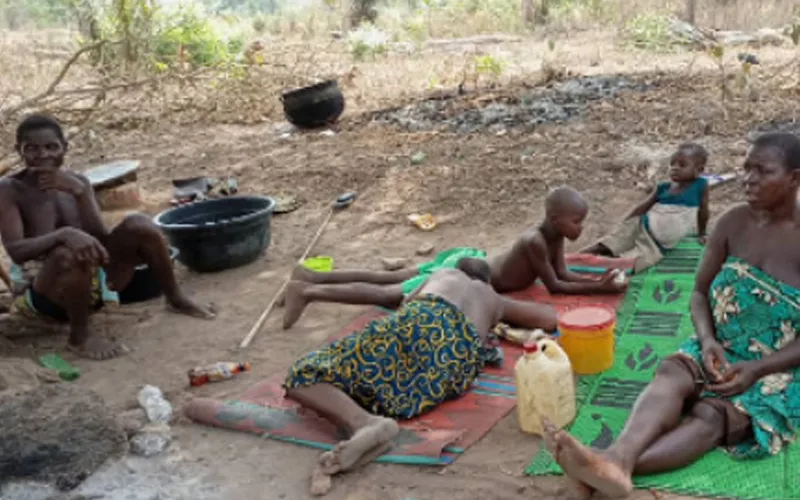Benue, 27 May, 2021 / 8:00 pm (ACI Africa).
With the ongoing fight against Boko Haram that continues to wreak havoc in the Northern parts of Nigeria, the world seems oblivious of the deteriorating security situation in the Southern part of the country, a Catholic peace entity working in the region has said and warned of “a gathering storm.”
The leadership of Denis Hurley Peace Institute (DHPI) has been monitoring and documenting growing oppression of civilians in Ogun State, Cross River, Benue, Ebonyi, Imo and Anambra states by militants that the organization links to top leadership of the country.
“With the Boko Haram insurgency in the north claiming global headlines, the rapidly deteriorating situation in the south has gone largely unnoticed,” the DHPI Director, Johan Viljoen, says in a report shared with ACI Africa.
The official of the peace entity of the Southern African Catholic Bishops Conference (SACBC) adds, “Over the past months, land invasions by ‘Fulani Cattle Herders’ have increased in the south. Ogun State, Cross River, Benue, Ebonyi, Imo and Anambra are particularly severely affected.”
However, local sources in all the mentioned states have told the leadership of DHPI that the people behind the attacks are not cattle herders.








